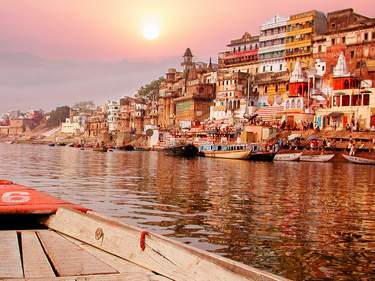- Nature & Wildlife
- History Culture Heritage
- Festivals & Events
- Off the Beaten Track
- Religion & Spirituality
- Nightlife
- Train Journeys
- Travel Tips
- India
Planning your own trip? Prepare for your trip
Use Rough Guides' trusted partners for great rates
Travel advice for India
From travel safety to visa requirements, discover the best tips for visiting India
- Mumbai, India
- Culture and Etiquette in India
- How to get a visa to India
- Eating and drinking in India
- How to get to India
- Getting around India: Transportation Tips
- Travel Health India
- Maharashtra, India
- Shopping tips for India
- Sports
- Travel Tips India for planning and on the go
- Sports and Outdoor activities in India
- Best time to visit India



_listing_1448379939234.jpeg)






